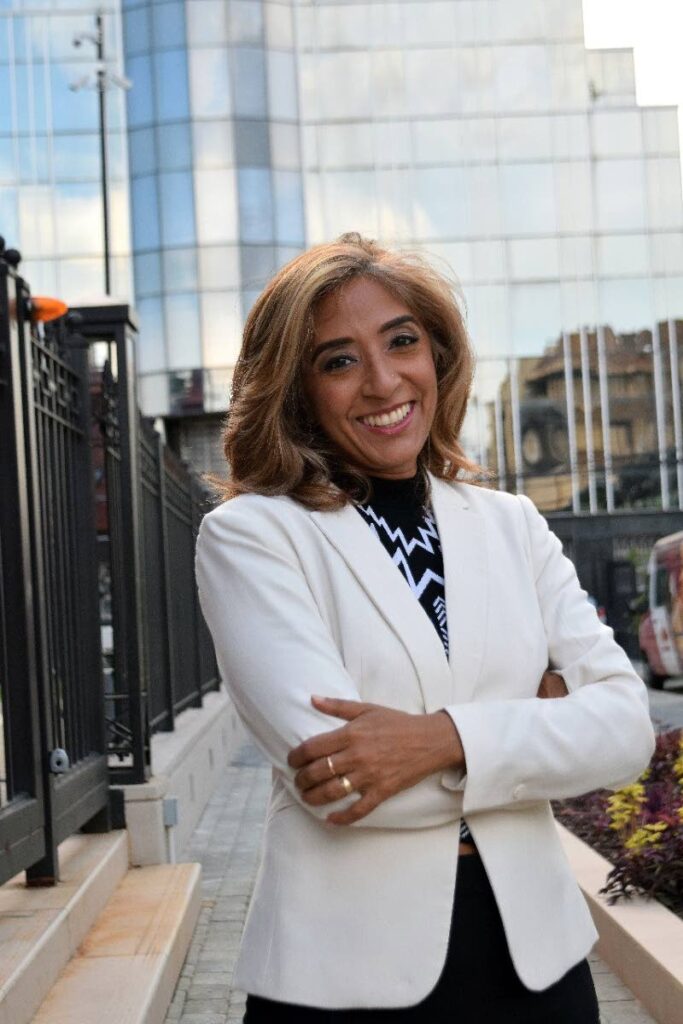The kind of president we need

I WISH that the process for selection of our next president had provided a different experience for the country. Rather, somehow, it fuelled further division and disagreement.
The bloggers and radio hosts fed it, the commentary sections amplified it, and yet again we found ourselves fighting. Is there any way for us to differently engage each other in making decisions together?
I would have liked to see entirely non-partisan nominees, and wonder if such recommendations would have resulted in a different kind of public participation and discussion.
I think there’s an important role in our society for such non-aligned individuals, and the Office of the President offers one of the few official positions of state headship where that can be enshrined.
On Sunday, Hamid Ghany described the framers of the 1976 Republican Constitution envisioning just such “an edifice of impartiality.”
I’m aware of ANR Robinson’s precedent of a politician turned president, and I listened to the PM’s Monday media conference (which made important points), but while the past and precedent are important, it’s also worth considering what is needed in the present moment.
In a world that is quickly becoming more politically combative and ethnically polarised, it’s important to use transitions of leadership to determinedly create consensus and to quell easy (social) media-stimulated antagonisms, where all our suspicions, stereotypes and capacity for insult seem to find welcome expression.
In a world where voter participation is decreasing, particularly among a younger generation disenchanted with traditional parties and politicians, or what we consider “same old, same old,” non-partisanship has an even greater role.
So many issues today are framed in racial, ethnic or political party – us vs them – terms, that it can feel impossible to communicate at all without being accused of taking a side. These are hyper-partisan times.
Reminding people that exemplary civic leadership exists in non-aligned spaces and politics, arts and academia, among journalists and the judiciary, non-governmental organisations and social movements, and that the State reveres such independence sets an important example and has urgent value.
In our difficult context, these individuals cut a precarious path through overwhelming societal partisanship, emphasising how the arts can unite, how scholars can bring insights that create cohesion, how our jurisprudence can reimagine our own Caribbean-defined constitutional rights or how to honour, as activists do, the dignity of those at the grassroots or most marginalised.
Their histories in public life broaden sites for expressing integrity, show other pathways to and forms of power (such as power with and power to), demonstrate transformative vision and fearlessness, nurture inclusivity, encourage reflection and thoughtfulness in the face of widespread misunderstandings and short-temperedness, and invite us to cast our gaze beyond the boundaries of parliamentary expertise.
In this way, nonpartisan players provide important legacies and lessons for us to integrate into the State, and into our vision of who and what best strengthens our investment in a self-governing ideal of impartiality.
People want someone who embodies independence, but also a record of ethical conduct, a reputation for bringing clarity, connectedness and calm, and reassurance that she or he will only affirm what, as Bob Marley sings, is upfull and right.
Our system needs those, among our governing elites, who can unite through an example of steadfast independence, however constrained, and who can speak from above the fray directly to all of us mired in trickled-down muck for, below the president, political parties are always at each other’s throats, leading many who follow.
Over the past five years, there were also many calls for a symbol and voice that inspired, promoted a sense of hope and harmony, and connected us to that higher dream of our nation, above the contention many intently create. This is the direct relationship between the office and the people, beyond its administrative functions. Whoever next fills this role, it’s a call that should be heard.
Those of us who remain non-aligned in how we organise and critique, how we vote and how we party, hoped for nominees who would inspire consensus just as we hoped that the political parties would not start yet another fight about someone on whom we should all be able to agree.
What dream of a nation is lost when parties play politics with every decision to be made? Let us hope that the next president understands that every moment is an opportunity to lead in a way that unites a population full of distrust and disappointment, and deep and divisive loyalties, as much as we continue to dream.
Diary of a mothering worker
Entry 490
motheringworker@gmail.com


Comments
"The kind of president we need"